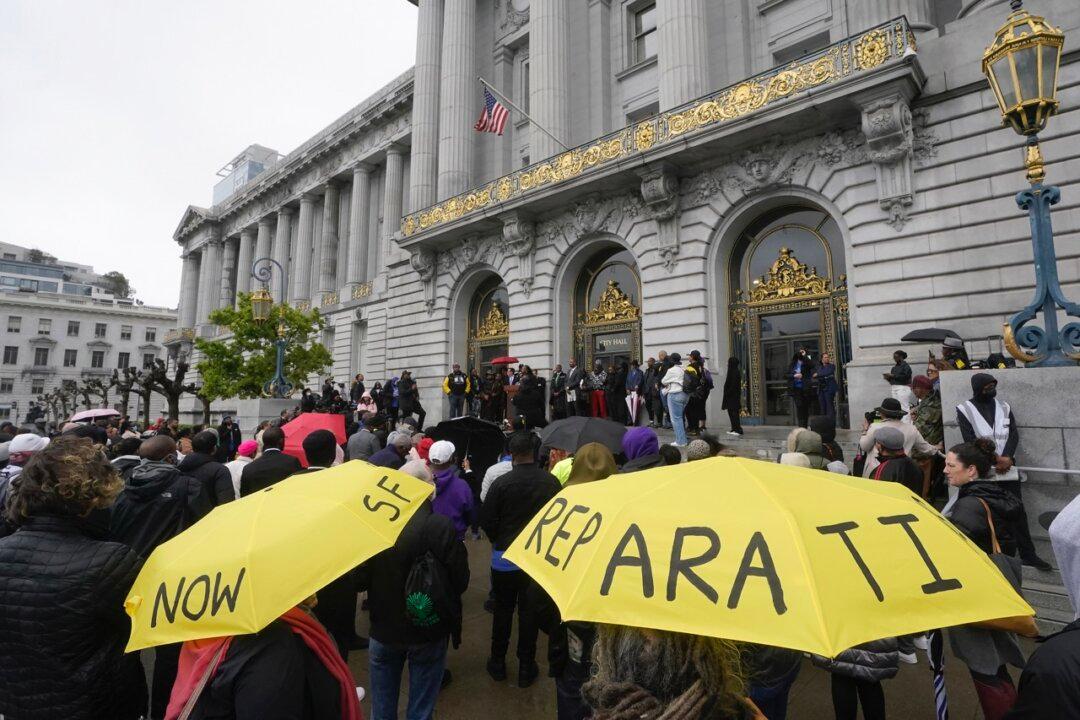Commentary
If America is going to survive—and, yes, its existence is not certain—we’re going to have to start uniting our people instead of dividing them. As I have written in previous Epoch Times articles, the California Reparations Task Force is doing the opposite. My articles are here, here, here, and here.





